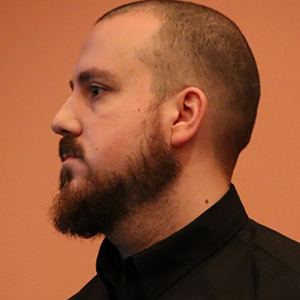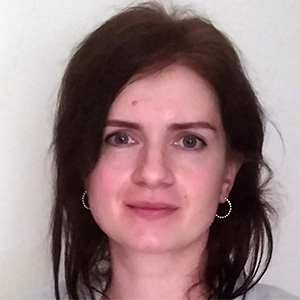More speakers will still be added.
  |
Petr Žabička, Moravian Library and Jan Rychtář, Trinera s.r.o. Czech Republic Petr Žabička is an expert in library automation with experience in digitisation, digital libraries, and machine learning. As an associate director at the Moravian Library, he is responsible for research and development projects. Currently, his activities focus on implementing machine learning technologies to enhance access to digitised documents. He has been involved in the PERO project, which aimed to improve the accuracy of digitised texts through the application of machine learning algorithms to optical character recognition (OCR). Previously, he led projects related to map digitisation, online access to digitised maps, and the development of the Czech library portal Knihovny.cz. During his studies in computer science at Masaryk University, Jan Rychtář worked as a developer at the Moravian Library, focusing on providing access to digitized collections and automating data processing, particularly data mining from library catalogs. Afterwards, he spent ten years as an independent software developer. He continued developing software for libraries and became the author and lead developer of the web interface for the digital library Kramerius. He has also been significantly involved in its strategic direction for many years. In addition to the library sector, he has worked on commercial projects developing enterprise systems and software tools for process automation. In 2021, he co-founded Trinera s.r.o., where he currently serves as director. The company specializes in integrating large-scale library data with modern technologies, especially artificial intelligence. Under his leadership, the team helps memory institutions efficiently manage data, automate processes, and create user-friendly interfaces for accessing digitized collections. Presentation: AI/ML in Digital Libraries: Designing for Clarity and Control |


















